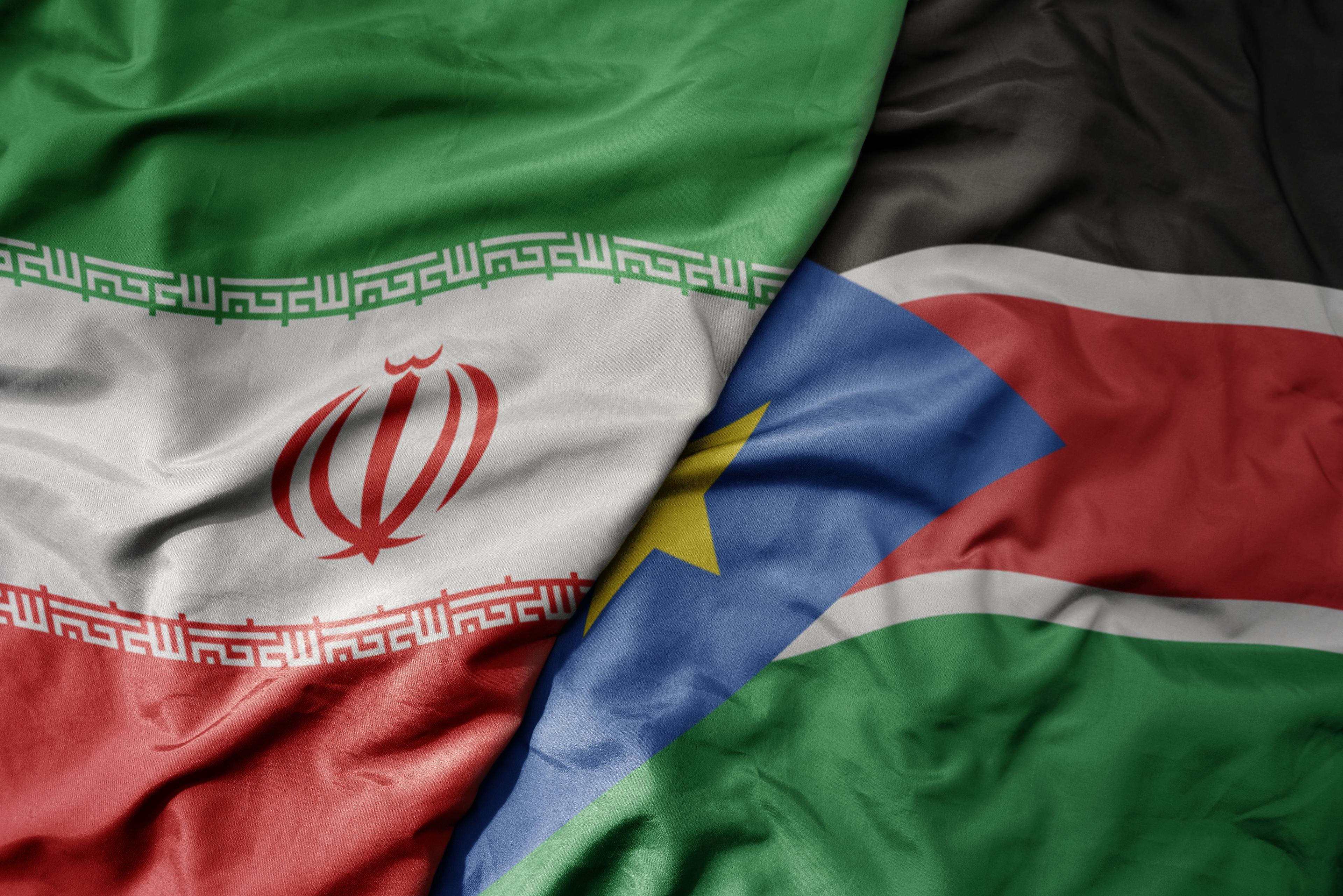Iran, Sudan
Flying under the radar: Sudan restores diplomatic ties with Iran
Under the cover of the wars in Gaza and Sudan, Tehran and Khartoum are restoring their relationship, which is very concerning news for Israel.

Sudan's army chief and de facto leader, Abdel Fattah al-Burhan, has taken steps to solidify diplomatic relations with Iran, marking a significant shift in the country's foreign policy amid its internal conflict.
Yesterday (Sunday), al-Burhan received Iran's new ambassador, Hassan Shah Hosseini, in Port Sudan, which has become Sudan's temporary seat of government due to the ongoing fighting in Khartoum. Concurrently, Sudan dispatched its own ambassador, Abdelaziz Hassan Saleh, to Tehran.
This diplomatic exchange comes after Sudan and Iran agreed to resume relations last October, ending an eight-year break. Sudan had previously severed ties with Iran in 2016 in solidarity with Saudi Arabia following an attack on the Saudi embassy in Tehran.
The restoration of Sudan-Iran relations occurs against the backdrop of Sudan's 15-month civil war between the army and the Rapid Support Forces (RSF). The conflict has resulted in a severe humanitarian crisis, with estimates of up to 150,000 deaths and over 11 million people displaced.
Sudan's foreign policy has seen significant changes during the conflict. The country recently expelled diplomats from the United Arab Emirates over allegations of supporting the RSF, which the UAE denies. Meanwhile, Egypt and Turkey have backed the Sudanese army.
The United States has expressed concern over reported arms shipments from Iran to Sudan's military. Simultaneously, Sudan has been drawing closer to Russia, which experts believe may be reconsidering its previous ties with the RSF.
This diplomatic realignment comes as Sudan faces not only a protracted internal conflict but also the threat of famine. The situation remains fluid, with the restoration of ties with Iran potentially signaling further shifts in Sudan's international relations as it navigates its ongoing crisis.
* VOA News contributed to this article.